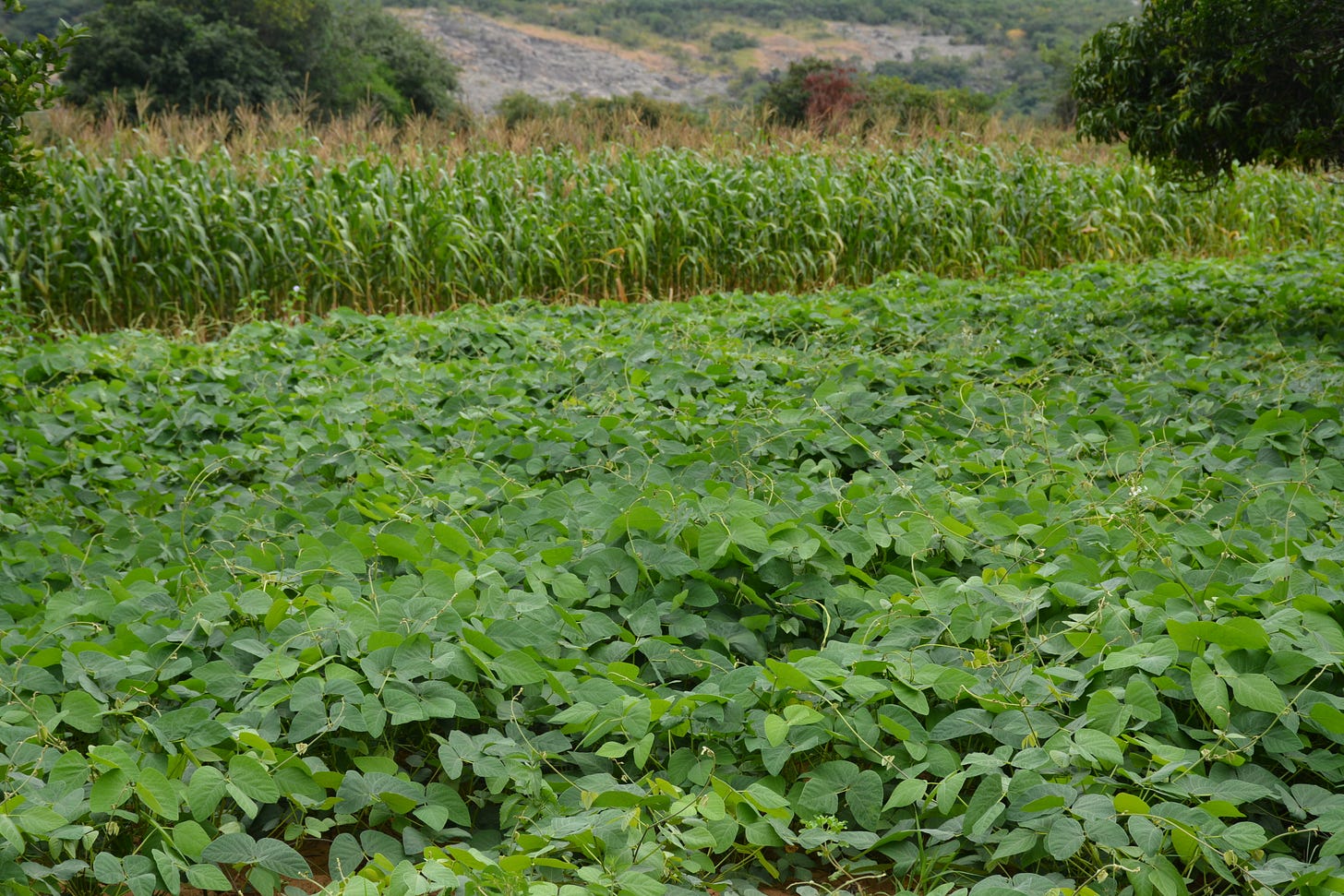Zimbabwe’s farmers turn to radios for climate resilience
An initiative by Environment Africa provides rural farmers with radios to help them adapt to changing weather.
The COVID-19 pandemic continues to wreak havoc on farmers like Webster Chinyange who lives in the Guruve district - situated over 150 km from Zimbabwe’s capital, Harare. Here, the quest to adapt to climate change remains critical.
Due to lockdown, gatherings are restricted in this southern African country, preventing Chinyange and other farmers from congregating to hear the latest news from the government’s agricultural officers. These officers provide vital information to counter the effects of climate change.
But thanks to an initiative by NGO Environment Africa, Chinyange and over 35 others farmers have benefitted from portable radio handsets. These keep them up to date with information on climate change mitigation and adaptation methods.
It’s “the biggest thing to have happened to us farmers in Chiwundura”, he says.
“[The radios] were supplied together with flash disks, which teach us how to deal with the changing climate. The climate-proofing methods include using open-pollinated maize seeds, which are short-to-medium season varieties.”
According to the Sustainable Food Trust, open-pollinated seeds – as opposed to hybrid seeds, which grow into most of the fruit and veg you’ll see in supermarkets – give plants an adequate ‘genetic toolbox’. This helps them ‘adapt to changes in weather and climate, and fight diseases and pests.’
Chinyange says farmers are also discouraged from using fertiliser on crops, as it harms the environment.
“In the lessons we are getting, we are encouraged to use manure instead of fertiliser, which can harm the environment and accelerate climate change.”
Enhanced Indigenous Knowledge Systems
The ‘Indigenous Knowledge Systems’ information - sent from the government’s Meteorological Department officials via radio - is another important resource for the farmers fighting climate change.
“The IKS information that we get from the Meteorological Department guys on the radio has been handy,” said Mr Chinyange
“Often, we are well-prepared in the event of a drought or any other weather calamity, just by checking the IKS.”
52-year-old Alice Muza of Kazunga Village says the radios have not only benefited the farmers working with Environment Africa, but the whole community.
“While the radios were given to those of us working with the EA, the information on climate change is now being embraced by others outside of the programme.
“They come to listen to the advice we are getting, like practising intercropping and crop rotation. The radios have kept us up-to-date with weather information from the Met Department, making planning easy.”

Climate resilience
‘Upscaling Climate Resilience Food and Nutrition Enhancement’ is an EA project supporting 300 farmers in this area. According to its field officer, 40 radios have so far been donated.
“We have distributed 40 solar-powered radio handsets, and 80 flash sticks with recommended training material on weather information and interpretation. This way the farmers can understand changing weather patterns and how these factors impact crop production,” explained Mr Peter Phiri, Environment Africa Field Officer of the Guruve district.
“The farmers are now equipped with post-harvest handling skills, like using a sheller to reduce maize grain losses.”
Tafadzwa Muranganwa is a journalist from Zimbabwe’s Honde Valley, currently based in Harare. Follow him on Twitter.



